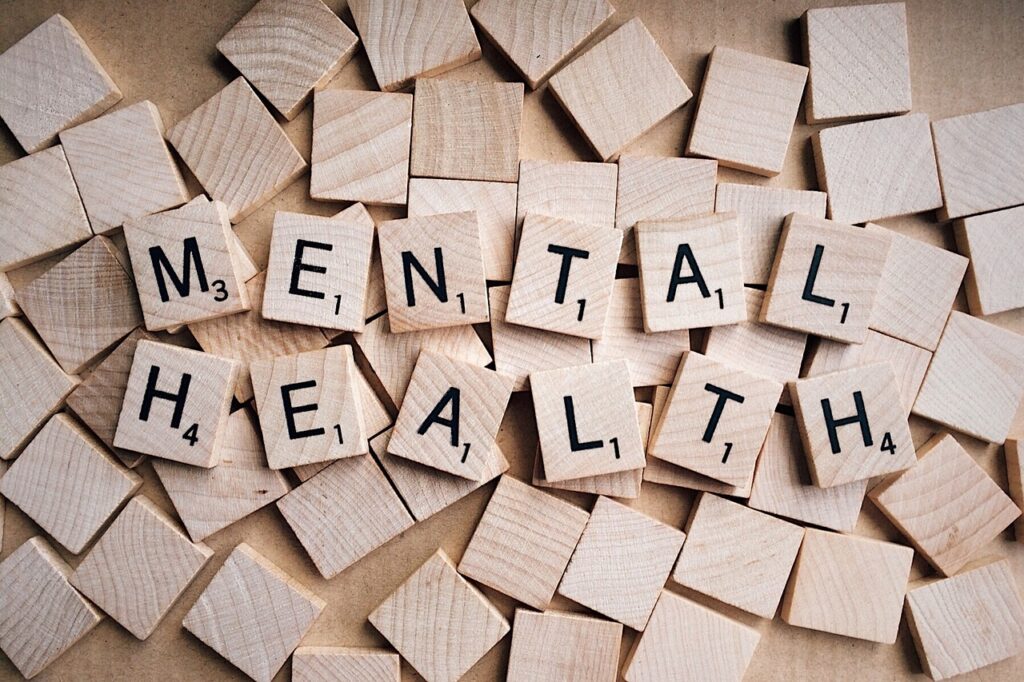
Therapy can be intimidating, especially when you’re talking to a stranger. But you’re not alone. A therapist’s role is to provide a safe space for you to open up. Before your first session, consider researching your therapist. Websites like Psychology Today let you explore therapist profiles, read about their credentials, and even schedule consultations. While therapy might feel scary, a good therapist will guide and support you every step of the way.
Research Therapists
When looking for a therapist, consider finding someone who specializes in the specific issues you are facing. Whether you are dealing with trauma, anxiety, depression, addiction, or stress, it is helpful to have a trained therapist in your area of concern. A therapist with expertise in your area can offer more personalized treatment, improving your overall experience. Consider checking their credentials and experience to ensure they fit your needs.
Schedule a Consultation
Once you have done the research, it is time to schedule a consultation. The consultation helps ensure the therapist is the right fit. Consultations are typically free and are fifteen minutes long. During the conversation, consider having a list of questions. These questions can help you determine who is the best fit for you. Here are a list of questions you might ask:
- What is your therapeutic approach?
- How long have you been practicing in this area?
- How do you tailor your approach to meet the specific needs of your clients?
- Do you accept insurance? If so, which insurance providers do you work with?
During the consultation, you may realize they aren’t the best match. Trust your gut—if you aren’t comfortable moving forward, consider finding another therapist.
Book a Session
Once you believe you have found a therapist you like, you can schedule your first session. The first session is usually an intake process. Your therapist might ask about your personal history and goals. You will have the opportunity to share more about yourself and what you hope to gain from therapy. After the first session, check in with yourself. If you don’t feel comfortable with your therapist, it is okay to find another one. It might take time to find the one that works best for you.
Final Takeaway
Therapy can be an intimidating experience at first, but it can also lead to healing and transformation. Before booking your first session with a therapist, consider reading their bio, checking their credentials, and scheduling a consultation. These steps can help you find a therapist that fits your needs.